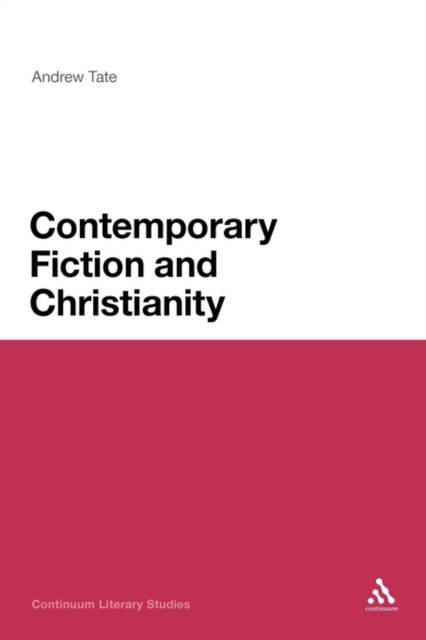
Je cadeautjes zeker op tijd in huis hebben voor de feestdagen? Kom langs in onze winkels en vind het perfecte geschenk!
- Afhalen na 1 uur in een winkel met voorraad
- Gratis thuislevering in België vanaf € 30
- Ruim aanbod met 7 miljoen producten
Je cadeautjes zeker op tijd in huis hebben voor de feestdagen? Kom langs in onze winkels en vind het perfecte geschenk!
- Afhalen na 1 uur in een winkel met voorraad
- Gratis thuislevering in België vanaf € 30
- Ruim aanbod met 7 miljoen producten
Zoeken
€ 88,45
+ 176 punten
Uitvoering
Omschrijving
How does contemporary fiction engage with the claims and ideas of Christian theology? Can 'secular fictions' accommodate transcendent experiences or encounters with the divine? Does belief continue to influence the shape of fiction in any meaningful way? This study argues against the idea that the 'postmodern condition' of late twentieth and early twenty-first century culture has undermined the close and creative association between religious practice and literature. It suggests that the novel, as a major narrative genre of contemporary western culture, has become an increasingly vital, dynamic and problematic space for engaging with the sacred. Tate examines the work of more than a dozen contemporary Anglo-American novelists, including John Updike, Douglas Coupland, John Irving, Michle Roberts, Don DeLillo and Jim Crace. He shows how the 'sacred turn' in western culture is manifested within the novel from the 1980s to the present, paying particular attention to representations of such theological ideas as the miraculous, the heretical, the apocalyptic and the messianic.
Specificaties
Betrokkenen
- Auteur(s):
- Uitgeverij:
Inhoud
- Aantal bladzijden:
- 168
- Taal:
- Engels
- Reeks:
Eigenschappen
- Productcode (EAN):
- 9781441161758
- Verschijningsdatum:
- 12/10/2010
- Uitvoering:
- Paperback
- Formaat:
- Trade paperback (VS)
- Afmetingen:
- 156 mm x 234 mm
- Gewicht:
- 244 g

Alleen bij Standaard Boekhandel
+ 176 punten op je klantenkaart van Standaard Boekhandel
Beoordelingen
We publiceren alleen reviews die voldoen aan de voorwaarden voor reviews. Bekijk onze voorwaarden voor reviews.









